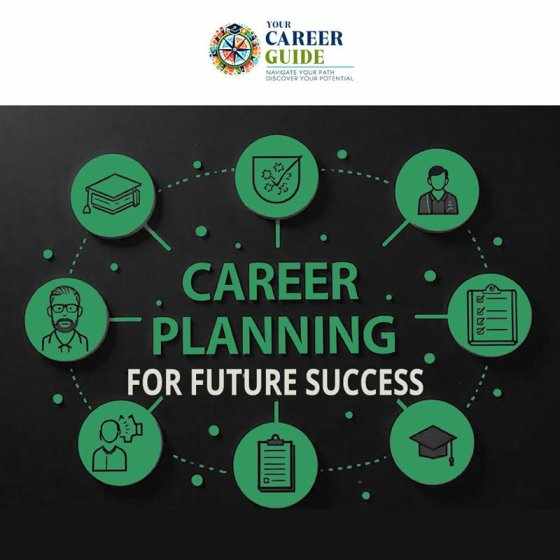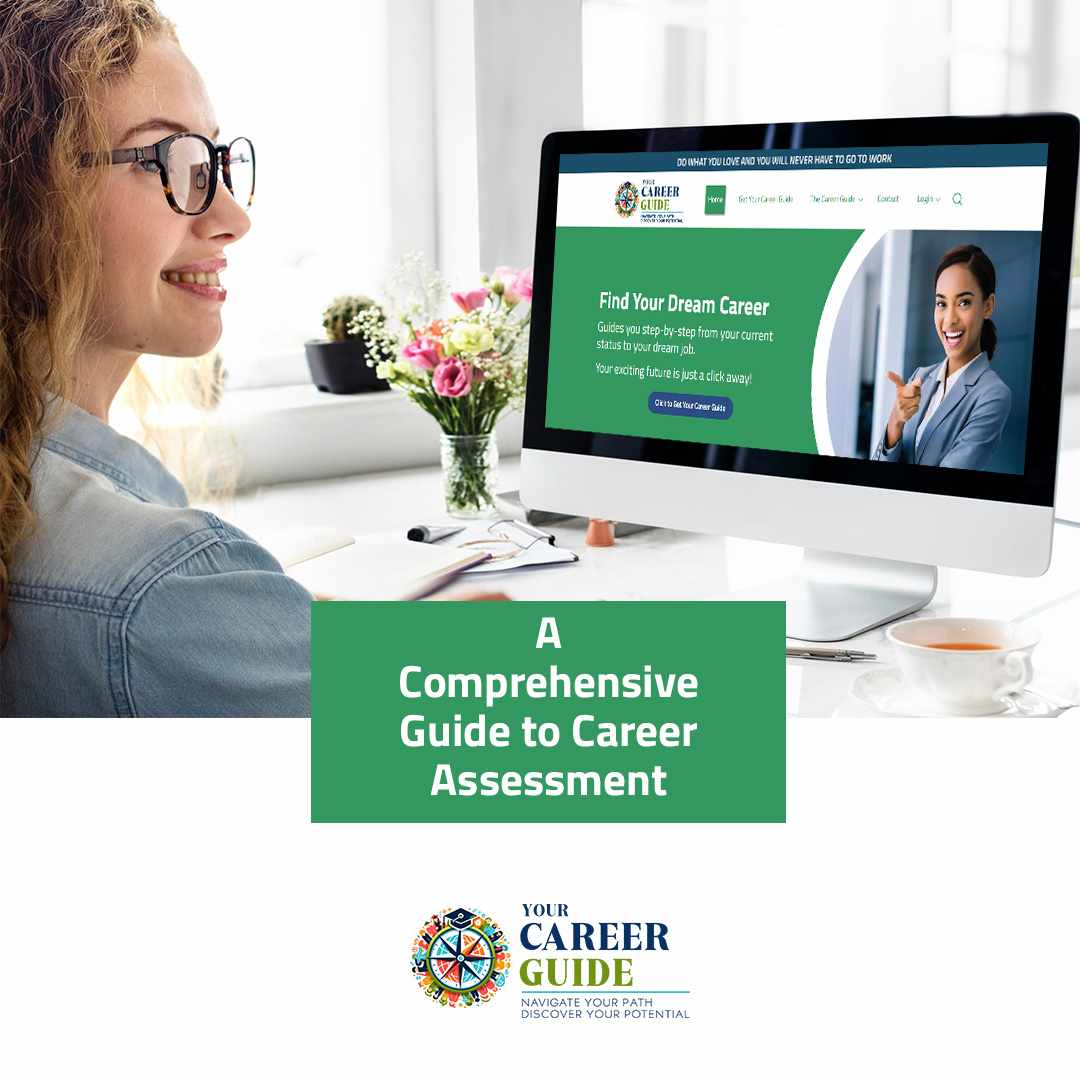
Making the right career choice is one of the most important decisions in life. A well-planned career can lead to financial stability, personal satisfaction, and long-term success. However, with so many career options available, it can be overwhelming to determine which path to follow.
This ultimate guide will help you navigate career planning, career assessment, and career goal setting to ensure that your career choice aligns with your strengths, interests, and aspirations.
Understanding Career Planning
Career planning is the process of setting career goals and determining the steps needed to achieve them. It involves self-assessment, exploring career options, and making informed decisions to build a successful career. Without proper planning, individuals may end up in jobs that do not match their skills, interests, or long-term goals.
A structured career plan provides a roadmap for success and allows individuals to stay on track. Career planning is not a one-time activity; it is a continuous process that evolves as you gain experience, learn new skills, and identify new opportunities.
Importance of Career Choice
Choosing the right career is crucial for personal and professional satisfaction. A smart career choice ensures that you are in a profession that suits your abilities and aspirations. When you enjoy your work, it leads to increased productivity, better performance, and a greater sense of fulfillment.
Many factors influence career choice including personal interests, skills, education, and market demand. It is essential to consider these factors before making a decision to avoid career dissatisfaction in the future.
Conducting a Career Suitability Assessment
A career suitability assessment helps individuals determine which careers align with their skills, personality, and interests. Several methods can be used to assess career suitability, including:
Self-Reflection: Consider your strengths, weaknesses, interests, and values. Think about what activities excite and motivate you.
Personality Tests: Tools like the Myers-Briggs Type Indicator (MBTI) and Holland Code can help identify careers that align with your personality.
Skill Assessment: Evaluate your technical and soft skills to understand which industries and roles you would excel in.
Career Counseling: Seeking guidance from career counselors or mentors can provide valuable insights into your career options.
Market Research: Research job trends, salary expectations, and future growth opportunities in different fields to ensure you choose a sustainable career.
Setting Career Goals for Success
Career goal setting is essential to staying focused and motivated. Without clear goals, it is easy to lose direction and become stagnant in your career. Here’s how to set and achieve your career goals:
Define Your Long-Term Career Vision: Visualize where you want to be in the next five, ten, or twenty years.
Set SMART Goals: Ensure your goals are Specific, Measurable, Achievable, Relevant, and Time-bound.
Break Goals into Actionable Steps: Create a step-by-step plan to achieve your career aspirations.
Develop New Skills: Identify skills required for your desired career and invest in training, certifications, and education.
Gain Experience: Internships, volunteering, and entry-level jobs can help you gain hands-on experience and improve your employability.
Stay Adaptable: Be open to learning new things and adapting to changing job market trends.
Creating a Plan for Career Success
A strategic career plan helps individuals achieve their professional dreams. Follow these steps to create a career success plan:
Choose the Right Education Path: Depending on your career choice, select the right degree, certification, or training program.
Network and Build Connections: Networking with professionals in your industry can provide job opportunities and career growth insights.
Gain Practical Experience: Work on real-world projects, internships, or freelance jobs to build a strong resume.
Improve Your Soft Skills: Communication, leadership, problem-solving, and teamwork skills are crucial for career advancement.
Seek Mentorship: Learning from industry experts can provide valuable guidance and career advice.
Keep Learning: Stay updated with industry trends, new technologies, and market demands to remain competitive in your field.
Conclusion
Making a smart career choice requires careful planning, assessment, and goal setting. By understanding your strengths, exploring career options, and setting clear objectives, you can build a fulfilling and successful career. Remember, career planning is an ongoing process, and it’s never too late to reassess and adjust your career path. Stay proactive, keep learning, and strive for excellence to achieve long-term success in your chosen profession.
By following this guide, you can confidently navigate your career journey and ensure that you are on the right path to professional growth and personal fulfillment.








Write a comment ...